Welcome to the most pro-Brexit town in Britain
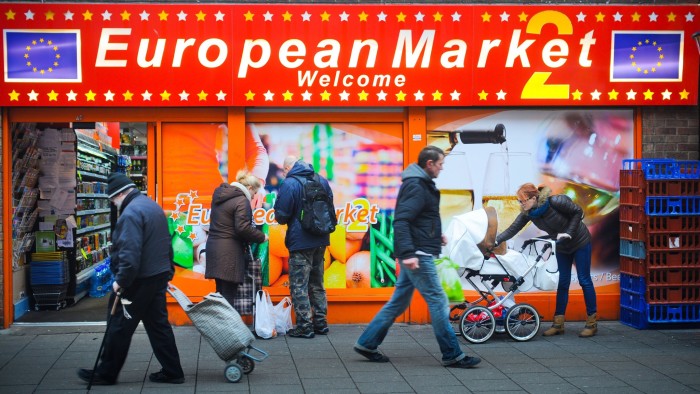
A muscular man with a shaved head and glasses leaned forward emphatically to make his point: “There are many people here who want to see all the immigrants put in cattle trucks and put on a barge at Dover,” he said. “They believe it will happen thanks to Brexit.”
Not him, mind, and not others around the table. “They aren’t all going to be sent home,” said another man. “It would be misguided to think that. But people do think that.”
When the British public voted on EU membership last summer Boston, a Lincolnshire town surrounded by agricultural flatland, had the highest Leave vote in the land: 76 per cent.
On Thursday, MPs arrived in Boston’s Len Medlock community centre for the latest leg of a fact-finding mission around the country. Politicians from the “Brexit committee” and some 30 members of the public sipped coffee around tables and discussed why they voted to leave the EU and, more importantly, what should happen next.
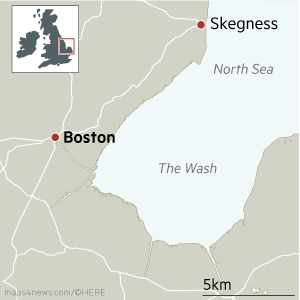
The motivation for the Boston vote is not a mystery. Immigration here spiked by 460 per cent between 2004 and 2014, mostly through eastern Europeans coming to work in low-paid jobs in the fields or processing factories. The think-tank Policy Exchange found it the least integrated place in Britain. The Daily Mail billed it as “The town that’s had enough”.
Bob McAvley, a councillor for the “Lincolnshire Independents”, said people used to call him racist and bigoted. “But it’s clear now that immigration has driven down wages here and the Latvians, Lithuanians, Poles don’t mix, they stick to people from their own culture.”
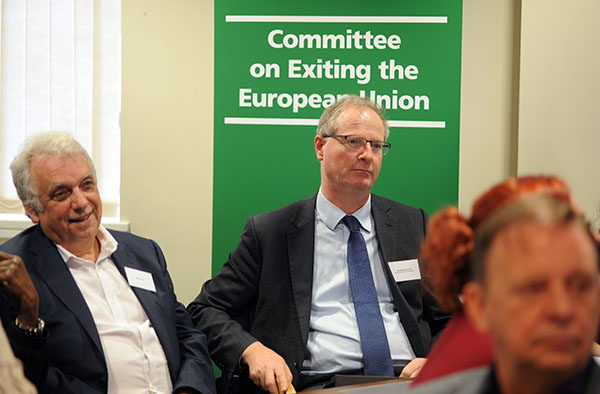
Some locals do not believe the official statistic putting the proportion of immigrants at 12 per cent.
John Hardy, 66, said that immigration had “ruined this town”. “I find Polish people quite pleasant but there have been so many fights and robberies and murders caused by East Europeans,” he claimed.
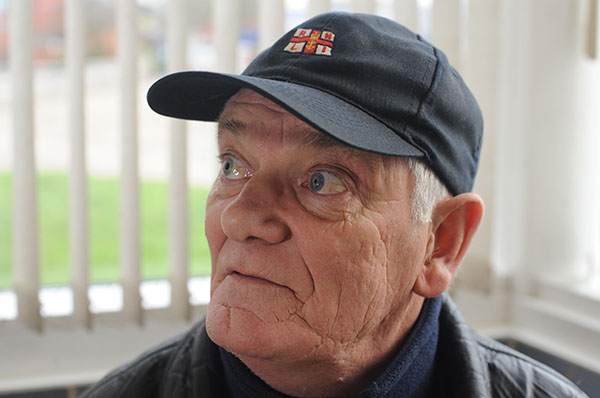
With Theresa May now on track to trigger the process of departure by March, people in Boston have been tracking the government’s progress very closely.
“They should have done Article 50 long ago,” said Mr Hardy — a common refrain.
Stuart Hill, a retired engineer, said he had been pleasantly surprised by Theresa May as prime minister given she had not voted for Brexit. He is disappointed by MPs who voted against this week’s bill: “I don’t think they are listening.”
Listening is precisely what Hilary Benn’s committee has tried to do in a series of hearings in Sunderland, Aberdeen, Wolverhampton and Stoke.
More will follow in Cornwall, Swansea and Northern Ireland. Earlier, the MPs also took a sounding of civic leaders and business executives about the practicalities of Brexit.
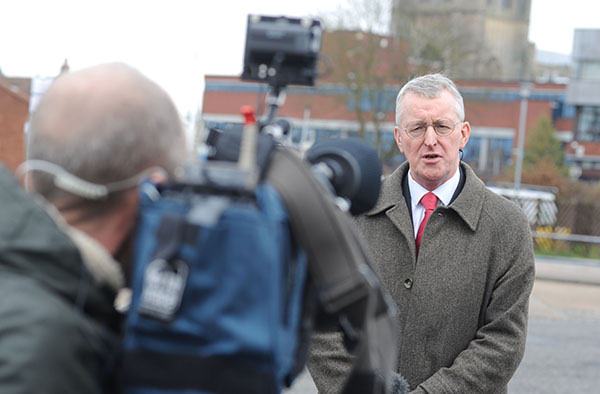
For Boston the looming issue for business is what kind of visa or permit system is imposed for seasonal agricultural workers.
Andrew Matson, procurement director for TH Clements, a supplier of brassica vegetables, said he was phlegmatic about Brexit. But he warned that without eastern European migrants, who make up half his seasonal workforce, his company would have to pay higher wages — and that would have to be passed on to supermarkets and, ultimately, consumers.
“A pack of broccoli is 49p, five years ago it was 99p,” he said. “You’ve not had deflation like that anywhere else. That’ll have to change.”
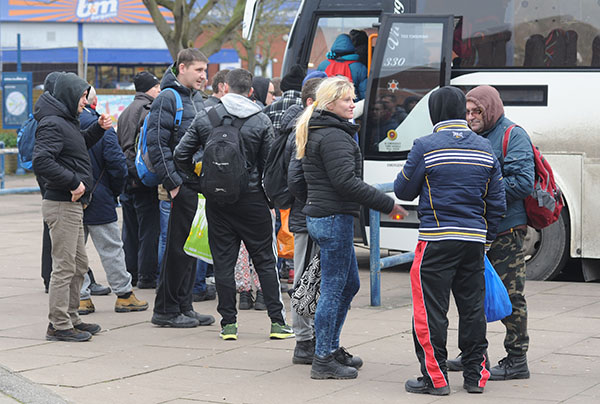
But in the conference room there was more discussion about immigration and the failure of the government to pay for better public services. One man shared a second-hand anecdote about a Polish drunk attacking someone with an “18-inch cabbage knife”.
It was left to a Labour-supporting nurse called Sue to point out that immigration had benefited the local economy in many ways. “If they all left, loads of those shops would just close,” she said.
“It’s complete rubbish when people say the local hospital is full of immigrants, it’s full up with elderly people from this country.”
Staff at the local NHS trust included Greeks, Spanish, Portuguese and Italians, she said. But uncertainty over Brexit had meant a growing shortage of nurses. “It’s true that this town isn’t the same place it was but we still need the people who have come.”
Outside in the car park, almost unnoticed, a queue of people — some in jeans and woolly hats — waited outside a mud-spattered white bus taking migrant workers to a nearby potato-processing factory. Many could not speak English. One thick-set Lithuanian man asked why English people did not seem to like foreign workers. “They complain about us,” he said. “But why they not do the work?”
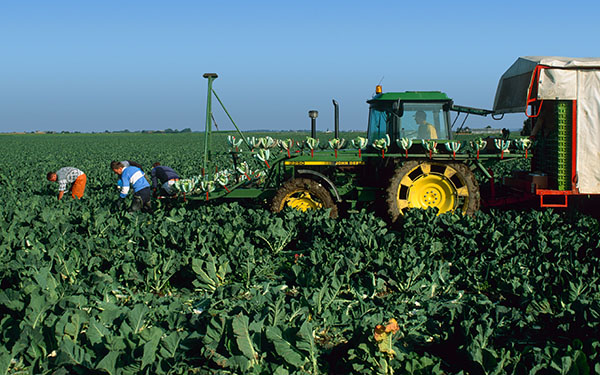
Comments